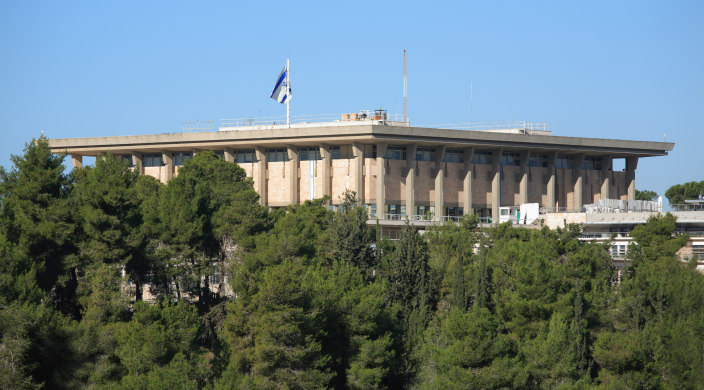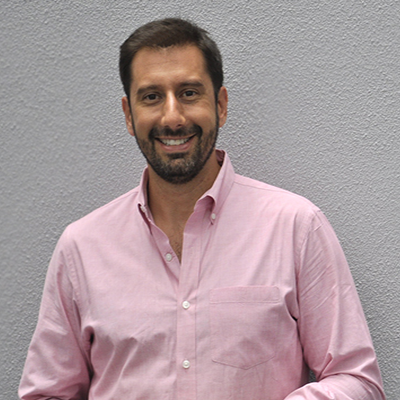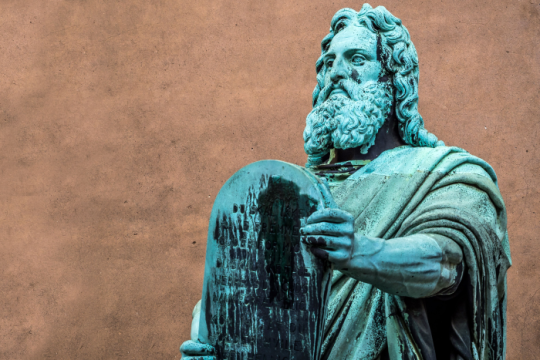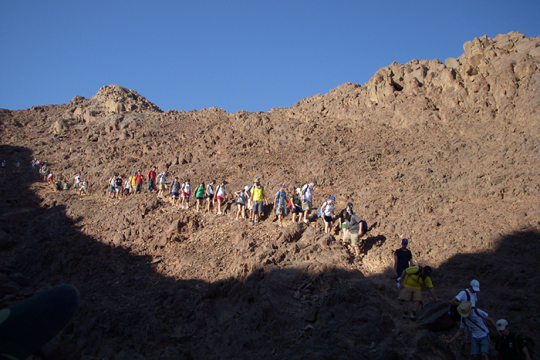
Last week the citizens of Israel re-elected Benjamin Netanyahu to an unprecedented fifth term as prime minister, making him the longest serving leader in the country’s history. As both a Jewish and a democratic state – which we should celebrate, but certainly not take for granted – Israel faces great challenges, and this election season saw massive head-on collisions among various political forces.
Prime Minister Netanyahu’s win was anything but a landslide: Both Likud and the newly formed Blue and White party led by Benny Gantz, received approximately 25 percent of the popular vote, with Likud achieving a slight edge. This election, which seems to be moving the country toward a two-party system, left several smaller parties without enough votes to qualify for seats in the Knesset (Israel’s parliament). Netanyahu will be likely to form a coalition in the next government, and all signs point to a right-wing coalition with the two ultra-Orthodox parties – United Torah Judaism and Shas – together gaining a total of 16 seats.
So, what does this mean – for Israel and for us?
1. We will not see the end of the ultra-Orthodox monopoly on Jewish life in Israel anytime in the near future.
Because the breadth of the coalition along the political spectrum is exceedingly narrow, the parties within it will set clear conditions for joining, maintaining their disproportionate power. This power likely will result in prohibitions against public transportation on Shabbat, as well as maintenance of the status quo regarding personal status issues such as conversion, marriage, divorce, and burial.
2. We likely will not see a renewed effort to negotiate with the Palestinians.
As Netanyahu begins his fifth term, Palestinian Authority President Abbas is in year 14 of a four-year term and the Palestinians have not held elections in more than a decade. As E.J. Dionne, Jr., an op-ed columnist for The Washington Post noted, “His end-of-campaign pledge to annex Jewish settlements on the West Bank would, if carried out, be ‘the final death knell for a two-state process,’ said Rabbi Rick Jacobs, president of the Union for Reform Judaism in the United States. ‘That has to distress anybody who wants a democratic Jewish state and a two-state solution.’”
3. We will see the ongoing strength of civil society.
We can be proud that Israel boasts the most non-government organizations (NGOs) per capita in the world. Known as the “third sector” or public life is strong and vibrant in Israel and should be encouraged and supported.
These writers in the secular and Jewish press, too, offer meaningful commentary and insights on the election results: my colleague Rabbi Jeff Salkin in an op-ed for Religion News Service; Thomas L. Friedman in The New York Times; and “Israeli siblings” in a letter to America’s left-wing Jews in a letter in The Times of Israel.
As we zoom out from the elections, we can use them as a window into Israeli society, and messages within the Haggadah offer a wonderful opportunity to do just that.
The Haggadah teaches us that in every generation we must see ourselves as if we actually left Egypt, reminding us to view the suffering of others as we have suffered ourselves and to demonstrate compassion to them and to all those whom we encounter in our lives. The Haggadah also tells us that in every generation an enemy rises up to obliterate us, reminding us that we cannot afford to be naïve, that we must be strong, and that our security, fate, and overall well-being depend on us.
Israelis often vote according to one of these messages. Some go to the polls with the first message on their mind; some with the second. In fact, this outlook is true not only of Israelis, but of all Jews. Some of us exist everyday as if we personally left Egypt, and some exist with the perpetual understanding that our enemies are actively seeking our demise. Only with a healthy balance of these two messages will we achieve a secure and compassionate future.
Chag Pesach Sameach! Happy Passover!
Want to hear more about the Israeli election? Listen to what Rabbi Josh Weinberg said recently when he spoke to members of Temple Isaiah in Los Angeles, CA, about the results.



